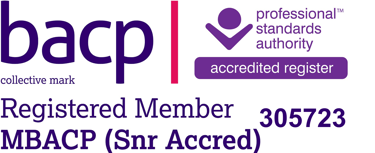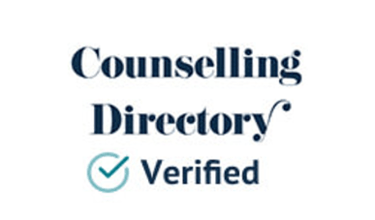Reframing Executive Dysfunction:
You’re Not Lazy, You’re Struggling


Reframing Executive Dysfunction: You’re Not Lazy, You’re Struggling
If you’ve ever found yourself staring at a long to-do list, feeling completely overwhelmed but unable to start, you might have blamed yourself for being lazy. But what if the issue isn’t laziness at all? Executive dysfunction—a challenge with organisation, planning, motivation, and task completion—is a common experience, especially among neurodivergent individuals. Understanding executive dysfunction and reframing the way we see it can help foster self-compassion and unlock practical strategies for support.
What is Executive Dysfunction?
Executive dysfunction refers to difficulties with the brain’s ability to manage tasks and regulate behaviour. It affects skills such as:
• Initiation: Struggling to start tasks, even ones you want to do.
• Organisation: Difficulty planning or keeping track of responsibilities.
• Time Management: Losing track of time or struggling to prioritise.
• Memory: Forgetting important steps or details.
• Task Switching: Struggling to move from one task to another.
Executive dysfunction is often linked to neurodivergence, such as ADHD, autism, and mental health conditions like anxiety and depression. It’s not a matter of willpower—it’s a genuine neurological challenge that requires understanding and tailored strategies.
Why Executive Dysfunction is Not Laziness
Laziness implies a choice—a lack of effort or motivation. Executive dysfunction, however, is an involuntary difficulty with self-regulation. The frustration of wanting to complete tasks but feeling unable to can lead to self-criticism, shame, and anxiety, making it even harder to get started.
Reframing executive dysfunction from “I’m lazy” to “I’m struggling with task initiation” is an essential shift. This perspective allows for self-compassion and encourages the use of strategies to work with, rather than against, your brain’s needs.
Practical Support Strategies for Executive Dysfunction
If executive dysfunction makes daily life challenging, here are some practical, compassionate strategies to help manage tasks more effectively.
1. Break Tasks Into Smaller Steps
Large tasks can feel impossible to tackle. Breaking them into small, manageable steps makes them more approachable. Instead of “clean the house,” start with “pick up clothes from the floor” or “wash three dishes.” Small wins build momentum.
2. Use External Supports
Memory aids, alarms, visual schedules, and apps can help compensate for executive functioning difficulties. Tools like:
• Timers (Pomodoro technique) to encourage focus in short bursts.
• Checklists to track progress.
• Reminders and calendar alerts to support memory.
3. The “Five-Minute Rule”
Getting started is often the hardest part. Commit to working on a task for just five minutes. Often, once you begin, it becomes easier to continue. If not, you’ve still achieved five minutes of progress.
4. Body Doubling
Many people find it easier to stay on task with someone else present. This technique, known as body doubling, involves working alongside a friend, colleague, or even an online accountability partner to boost motivation and focus.
5. Adjust Your Environment
Your surroundings can have a huge impact on productivity. Reduce distractions by creating a clutter-free workspace, using noise-cancelling headphones, or working in a structured setting like a library or café.
6. Self-Compassion and Rest
Beating yourself up for struggling won’t make executive dysfunction disappear—it only adds emotional weight. Instead of pushing through exhaustion, recognise when rest is needed. Recharging can improve focus and prevent burnout.
7. Seek Professional Support
If executive dysfunction is significantly impacting your daily life, working with a therapist, coach, or occupational therapist can help. Therapy can provide tools to manage overwhelm, reframe negative self-perceptions, and build routines that work for you.
Embracing Neurodivergent-Friendly Strategies
Reframing executive dysfunction from laziness to a legitimate challenge allows for greater self-understanding and more effective solutions. Everyone deserves support in creating strategies that align with their brain’s natural way of working.
If you struggle with task initiation, organisation, or motivation, you’re not failing—you’re facing a challenge that requires tailored solutions. Through practical tools, external supports, and self-compassion, managing executive dysfunction becomes more achievable. You are not lazy, and with the right strategies, you can create a system that helps you thrive.






